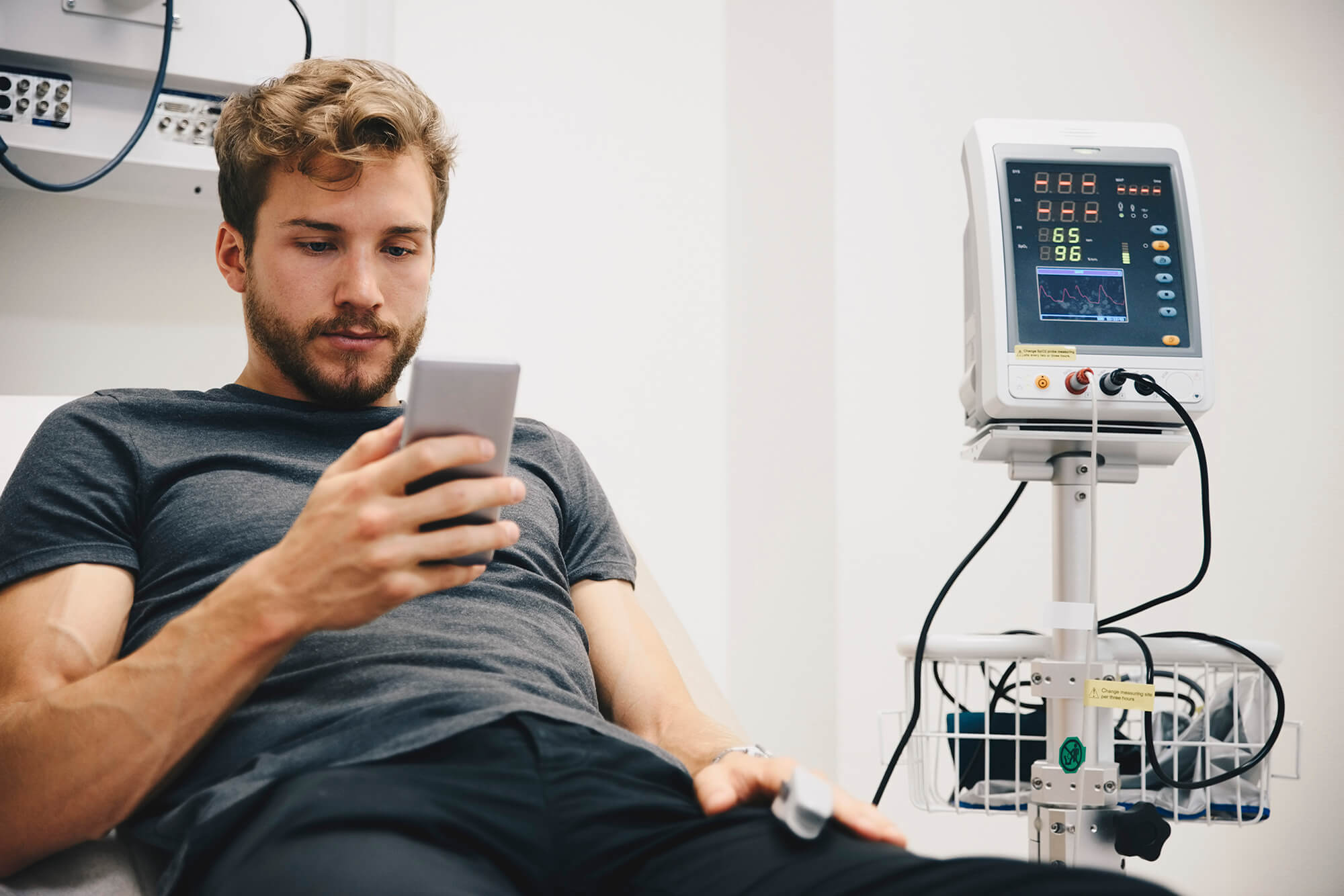A decade ago, mobile smart device health applications (mHealth apps) were proliferating rapidly, and it was widely believed we were entering a new era of sophisticated remote patient communication, education, and monitoring — even smart phone app-driven cancer screening and detection.
In 2011, then-US Department of Health & Human Services Secretary Kathleen Sebelius predicted that patients would soon be able to “take a video of a rash on your foot and get a diagnosis later that afternoon without making a doctor’s appointment.”1
Sebelius called it “the biggest technology breakthrough of all time.”1
The US Food and Drug Administration (FDA) first announced in September 2013
that it would wade into the wild, unregulated mHealth apps marketplace to provide industry guidance and to protect consumers.
But a decade into the mHealth era, the promised revolution has not materialized. Researchers have recently noted the need for radiotherapy patient mHealth apps in particular — and clear regulatory oversight of those apps to protect patient medical data privacy and security.2
Most apps on the market have not been clinically tested and the field remains scantly regulated. HIPAA patient privacy compliance documentation is not always available for apps with chart- and symptoms-sharing features. No single agency or authoritative source vets and approves patient mHealth apps. Those marketed to patients with cancer include apps such as “anticancer” and “super-food” cookbooks that can be generously described as dubiously evidence-based.
One recent study found only 13 published randomized controlled trials for cancer patient mHealth apps.3
Even though more than half of all cancer patients undergo radiotherapy,4 few apps specifically tailored to radiation oncology patient needs are available online.
Oncology Organizations Fill the Need
Some professional medical societies and patient advocacy organizations, such as the American Cancer Society, the American Society for Clinical Oncology (ASCO), and the National Comprehensive Cancer Network (NCCN), have stepped in to curate lists of useful and credible apps, and to produce apps of their own for clinicians and patients, for example, ASCO’s Cancer.Net app for iOS and Android operating systems.5-7
According to ASCO, its Cancer.Net app offers “up-to-date information on 120+ cancer types, including treating cancer, managing side effects, and managing the cost of cancer.”6 The NCCN offers an educational NCCN Guidelines for Patients® app for Android and iOS devices, describing treatment option guides, questions to ask a patient’s cancer care team, and illustrations, in several languages.6
Individual cancer centers also offer their own apps for patient navigation (eg, cancer center directions and maps), connections with clinical staff, and chart-access features to access test results and appointment schedules.8,9
The vast majority of oncology and radiation oncology apps identified for this report, available at the App Store (for iOS devices such as iPhones and iPads) and at the Play Store (for Android and Google devices), are designed for cancer care professionals. These range from dosimetry calculators and TNM staging guides to clinical guidelines and reimbursement code guides.
The Radiation Oncology Institute’s RadOnc Toolkit app, for example, has been downloaded by more than 3000 users.10 It is designed for clinicians to serve as an evidence-based point-of-care tool on iOS and Android devices.10 The app includes symptoms management and pharmacotherapy guides for common radiotherapy toxicities, toxicity scales, ASTRO radiosensitive tissue contouring tables for treatment planning, and a radiobiological dose (BED/EQD2) calculator.10 (WellSpan Cancer Centers offers a similarly-named app for radiotherapy patients, the Rad Onc mobile app.9)
